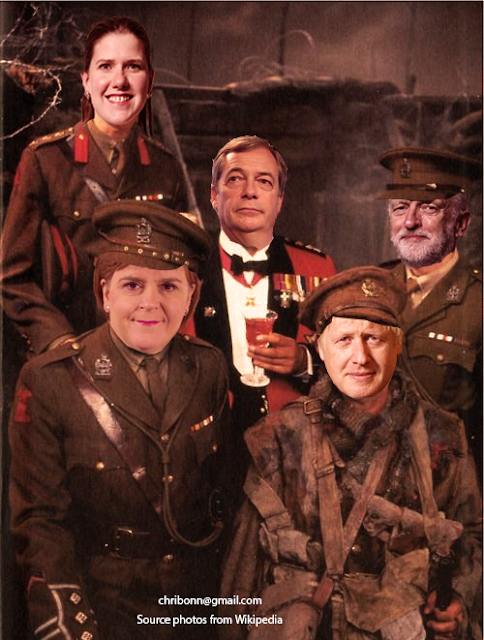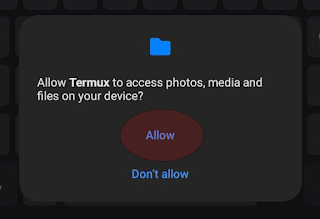Why the UK Election will not solve the Brexit stalemate
The road to an early election after
the October 31st Brexit deadline was missed reminds me of the “I have a
cunning plan” by Baldrick from the UK series Blackadder. For anyone who has
not watched the series my only comment is that you don’t know what you’re
missing. The Baldrick character was a run down sidekick who was downright
stupid and naive.
After parliament forced the hand of
Boris Johnson, the UK’s prime minister, to seek [yet another] extension from
the EU, Mr Johnson decided to call an election. Labour, out of a desperate
desire to have its leader, Jeremy Corbyn, lead the country supported the bid to
go to the polls. Is Johnson’s “cunning plan” going to result in the
desired result?
The United Kingdom is not interested
in whether the Conservatives, Labour, Liberal Democrats, UKIP, SDP or any other
group should be the ones forming the next government but a solution that will
allow them to put this saga behind them and get on with their lives. An
election will just repeat the cycle of economic uncertainty and political
exhaustion the British people have had to put up with after Conservative leader
David Cameroon landed them in this mess in June 2016.
An election is the wrong choice
because the outcome of this election will be a divided parliament and a divided
parliament is a hung parliament. Rather than have John Bercow shouting “order”
we will have Sir Lindsay Hoyle shouting out the phrase. Normally the electorate
vote for a party based upon its agenda. This time round the agenda is based
around the single topic of Brexit. Those participating in this election will
fall into one of three groups: those who want a hard Brexit, those who want a
negotiated exit and those who want to remain. It is highly likely that no
single party will manage to secure a majority in parliament and would need to
jump into bed with another party. When this happens, things will be even more
complicated. Johnson’s conservative party has invited members it had expelled a
few weeks earlier to re-join the conservative ticket. And when these elected
members disagree with the stance taken by the [aspiring] prime minister they
will be kicked out again, and we are back to square one.
Rather than opt for an election,
Prime Minister Boris Johnson should have pushed forward for a binding
referendum. This referendum would have given the electorate a choice between
remain, hard leave and negotiated leave options. Additional confounding matters
that take focus away from the real blocking point would not factor in as they
are with the election route.
Anyone aligned to one of the three
options would have been a liberty to lobby for that option outside the
restrictions of their party. Parliament would find it easier to align with a
referendum especially if this commitment is sought beforehand. The first
referendum cannot be relied upon because those who participated in it were not
made aware of the true consequences of the two options. The fact that the
original two options have become three supports the fact that the first one was
not well-thought-out.
As mentioned above, a referendum may
result in a three-way split in which no single choice secures a majority of the
participating electoral pool. If this were a relatively minor topic, one could
agree to go forward with the choice that secures the largest share of the
votes. As the topic of Brexit will impact the life, livelihood and future
opportunities and risks on a grand scale, this decision must require a clearly
defined consensus. The referendum package would include a proviso that states
that if no single choice secures a 50%+1 vote, the two highest options are
polled against each other in 4 weeks' time (after the holidays).
The clear winner would be the
popular choice. Political parties, having endorsed the referendum, would find
it more acceptable to respect the sovereignty of the British public.
As happened soon after Prime
minister David Cameroon landed the country in the mess it is in, Prime Minister
Boris Johnson could announce his resignation or an early election if the will
of the people turns out to be different from the position his party took. On
the other hand if the results support the position the Conservatives lobbied
for, he would take the country in the chosen direction with his head held high
and a united parliament.



Comments
Post a Comment